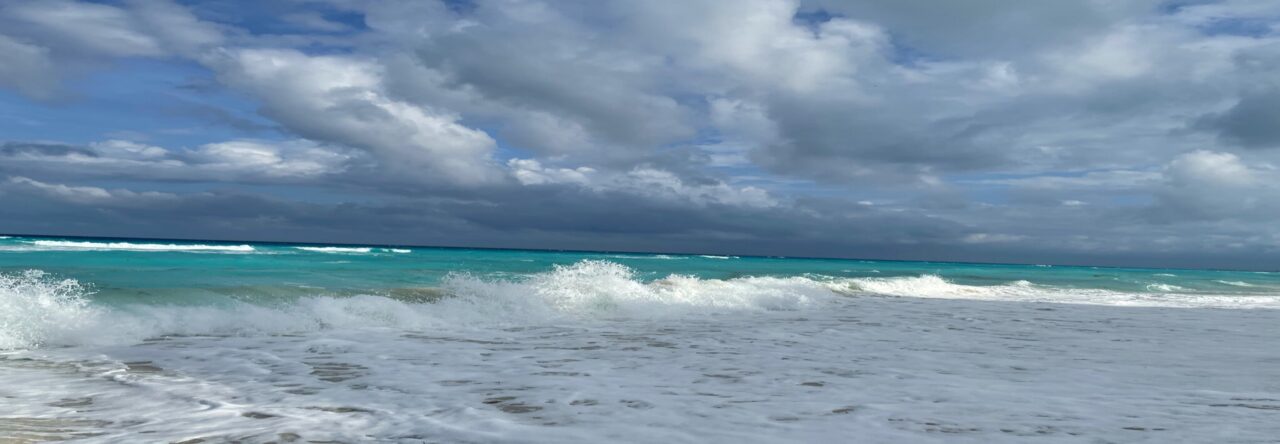President Barack Obama addressed the National Prayer Breakfast at the Hilton in Washington, D.C. today, February 4, 2010. His remarks on civility are worth repeating, although I am only sharing excerpts, with commentary. . The entire transcript appeared in the Washington Post under the title “Politics and Policy in Washington” in an online posting made at 10:55 a.m. on Thursday (Feb. 4, 2010).
After the normal “welcomes” and reference to how “prayer can bring sustenance to our lives” Obama said, “But there is a sense that something is different now; that something is broken; that those of us in Washington are not serving the people as well as we should. At times, it seems like we’re unable to listen to one another, to have at once a serious and civil debate. And this erosion of civility in the public square sows division and distrust among our citizens. It poisons the well of public opinion. It leaves each side little room to negotiate with the other. It makes politics an all-or-nothing sport, where one side is either always right or always wrong when, in reality, neither side has a monopoly on truth…Empowered by faith, consistently, prayerfully, we need to find our way back to civility.”
Obama went on, “Civility also requires relearning how to disagree without being disagreeable…We forget that we share at some deep level the same dreams—even when we don’t share the same plans on how to fulfill them.” The president urged a way “to make an impact in a way that’s civil and respectful of difference and focused on what matters most.
Obama quoted three great leaders in making his point(s) on civility:
1) Abraham Lincoln, who said, on the eve of the Civil War, “We are not enemies, but friends. Though passions may have strained, it must not break our bonds of affection.”
2) Martin Luther King: “Love is the only force capable of transforming an enemy into a friend.”
3) President John F. Kennedy: “Civility is not a sign of weakness.”
Obama said, “But progress doesn’t come when we demonize opponents. It’s not born in righteous spite.” He added, “It seems like the very idea (of civility) is a relic of some bygone era. The word itself seems quaint—civility.”
All of the above excerpts from our president’s February 4th speech are so true and so sad. I have bold-faced the last line, because I think that President Obama may not realize how true it is: civility and politeness are, indeed, values no longer abroad in the land. Civility is a quaint word and a quaint concept in 2010.
It seems that only the older generation—those who grew up in the age of Truman and Eisenhower or before— have even a dim memory of how it used to be in society. Children were taught to be polite; rudeness towards one’s parents, peers or teachers was not tolerated. The longshoreman language we hear spouted by even first-grade students in schools was non-existent in those “happy days.”
In today’s schools at every level, teachers are lucky if they are merely called profane names. Educators are fortunate if they are only assaulted with idle threats and profane insults when things don’t go the students’ way. The teacher is no longer always right. Mom and Dad—if there is one— (and, often, the administration of the school) will very often side with Junior and undercut attempts at enforcing standards of civility and polite discourse. In some noteworthy cases, Junior may become violent, a threat to himself, his teachers, and his classmates. These outbursts, this impolite, dangerous behavior did not happen in the days of civility and polite discourse.
Not just schools and government, but all of our institutions are under attack; none of our institutions are totally trusted any longer. It doesn’t matter if you’re a fireman, a policeman, a teacher or a politician. Whatever form of authority you represent, even if it is simply the owner of a store, handling customer complaints is a nightmare in this age of out-of-control anger and uncivil behavior.
What was most telling, for me, about President Obama’s eloquent words, were the three quotes he selected to illustrate his very valid points about civility in 2010. Obama quoted John Fitzgerald Kennedy, the martyred president of Camelot lost; Martin Luther King, Jr., the murdered Civil Rights leader who preached nonviolence to his followers; and Abraham Lincoln, whose enemies chose to still that Illinois president’s voice of reason with a bullet to the brain
I found the words of President Obama’s speech true and moving.
However, I fear that he is pleading for something that is perhaps gone forever, like the dinosaur, or, if not gone, in very short supply. Quoting three murdered leaders only makes me fear more for our president and for our country, which so badly needs polite and civil discourse and both sides working together in civil harmony, rather than radical rants and unreasonable stone-walling.
Something is broken, Mr. President, not just in Washington, D.C., but also in the United States of America. Can chaos give way to order? Can the bell of rude behavior be unrung when it’s been pealing for decades?
Many things are definitely broken in America. I wonder if they can be fixed?
